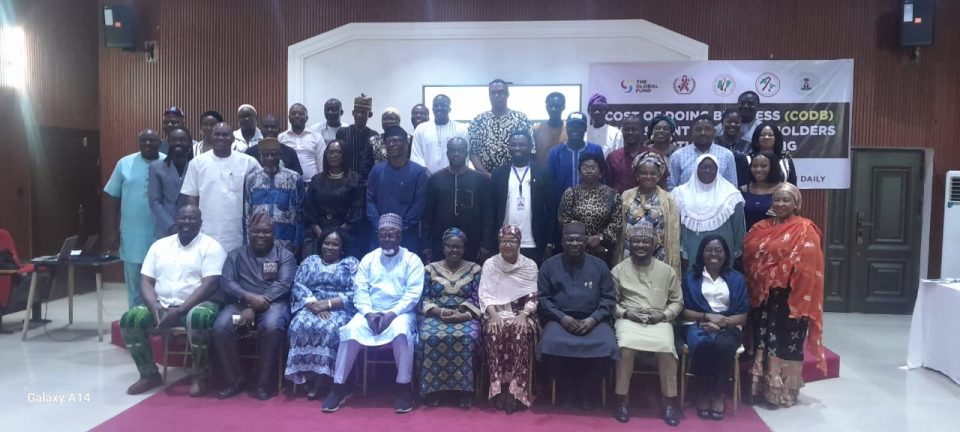Kwara Health Commissioner Warns Against Overreliance on Donor-Driven Programmes

Kwara State Commissioner for Health, Dr. Amina Ahmed El-Imam, has cautioned that Nigeria can no longer depend heavily on donor-driven health programmes, stressing that global financing for health is shifting more rapidly than anticipated.
Speaking in Ilorin at the opening of a three-day stakeholders’ meeting on the fight against HIV/AIDS, Tuberculosis, and Malaria (ATM), organised in collaboration with the Kwara State AIDS Control Agency (KWASACA) and development partners, Dr. El-Imam said that increased funding from federal, state, and local governments is essential to sustain progress. She emphasised that ownership, participation, and proper planning will be critical in reducing costs and ensuring efficiency.
Highlighting Kwara’s recent achievements, she pointed to the successful implementation of the world’s first integrated malaria programme in 2023, which surpassed 90 percent of its performance targets and significantly reduced malaria cases among pregnant women and children. She credited Governor Abdulrahman Abdulrazaq’s political will and support for helping the state achieve strong outcomes despite limited donor reach and a relatively smaller economy.
Executive Secretary of KWASACA, Dr. Alabi Selim Babajide, also stressed the need for stronger government ownership of health programmes in the face of dwindling donor support. He noted that sustainable financing, service integration, and active state participation will be central to maintaining gains in disease control.
According to him, Kwara is among the states selected for high-level negotiations on the cost of sustaining ATM programmes. He said support from UNAIDS, the Global Fund, and the National Agency for the Control of AIDS (NACA) would help assess systems, processes, and financing structures in preparation for reduced donor input.
Deputy Coordinator of NACA, Dr. Yewande Olaifa, reinforced the call for Nigeria to take full ownership of its HIV response, stressing that long-term progress depends on government leadership, strong coordination at the state level, and capacity building rather than reliance on international partners.








Comments
This post currently has no comments.